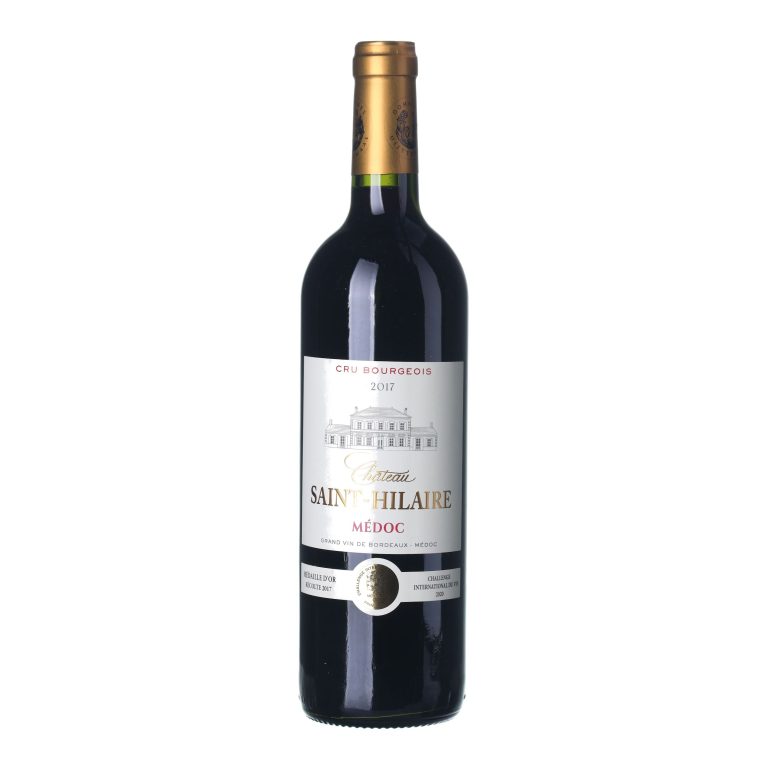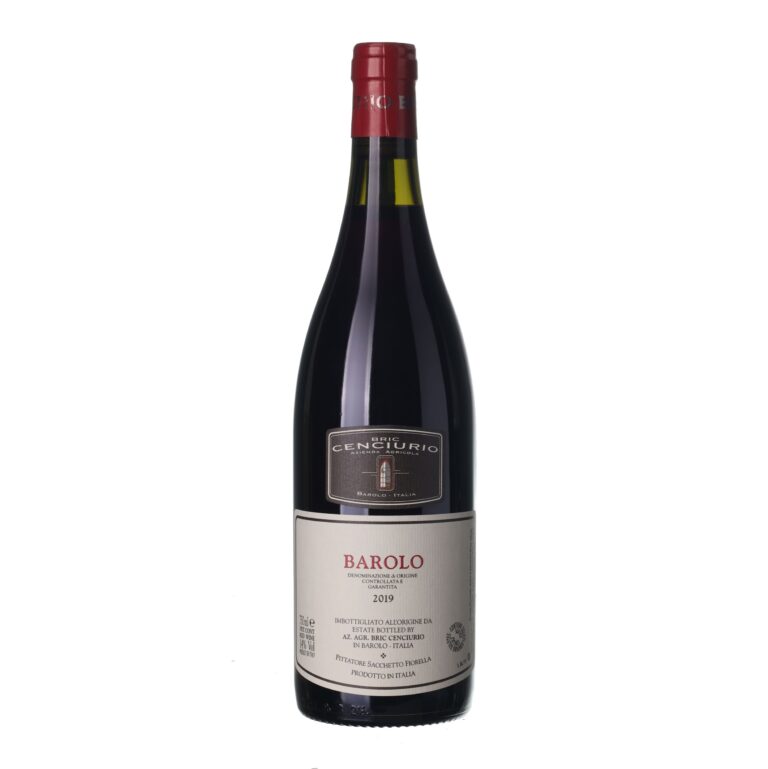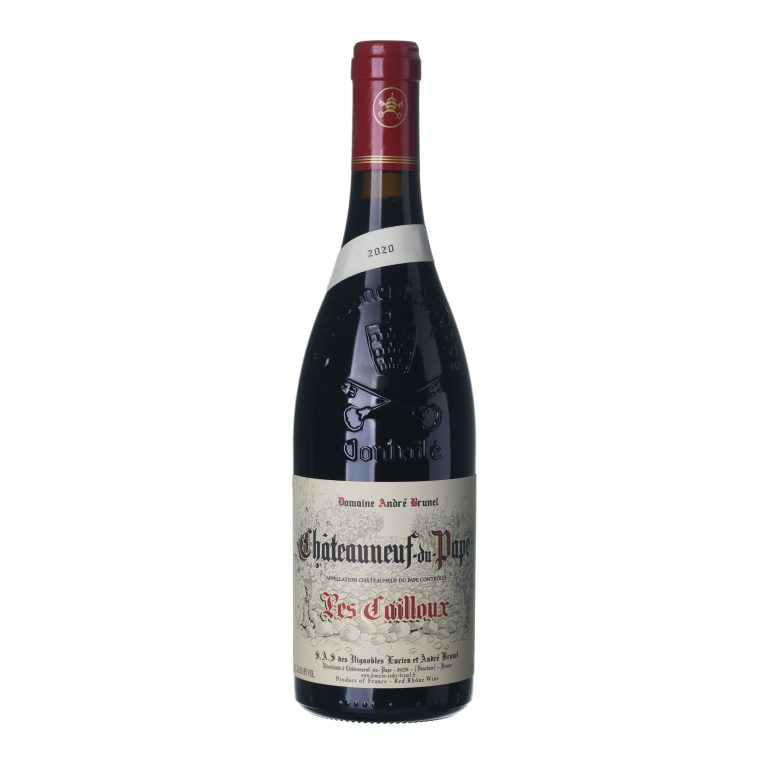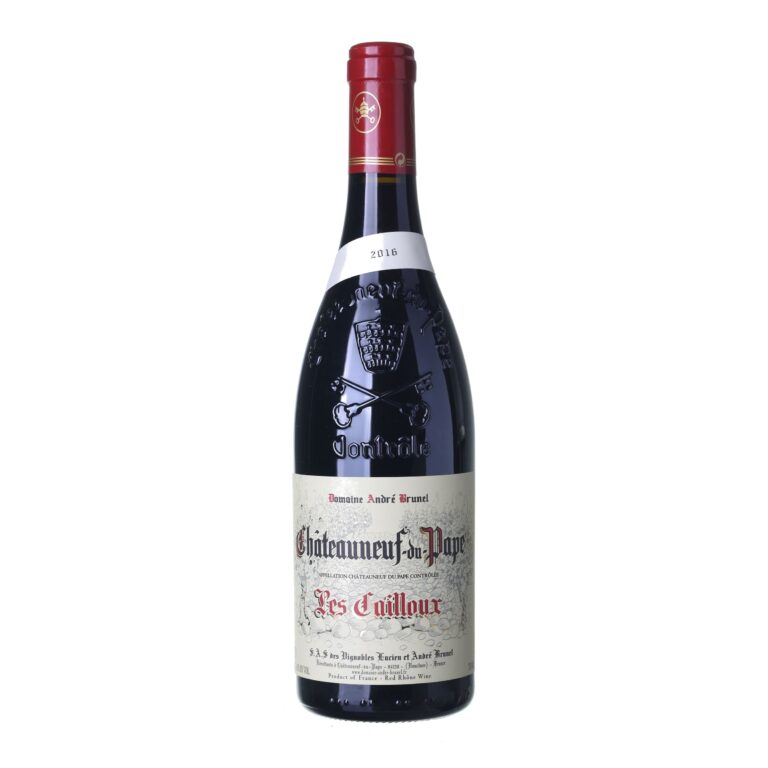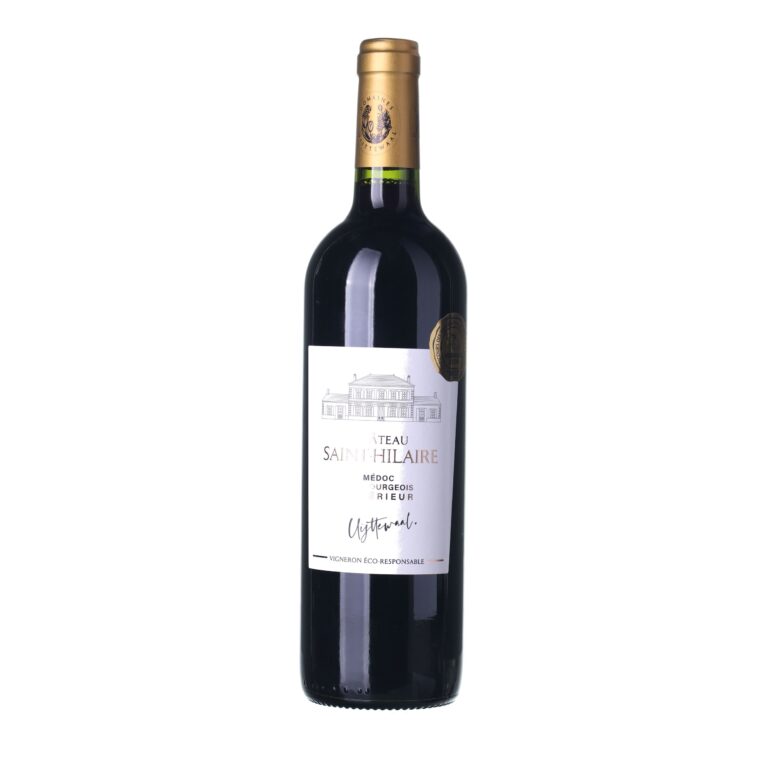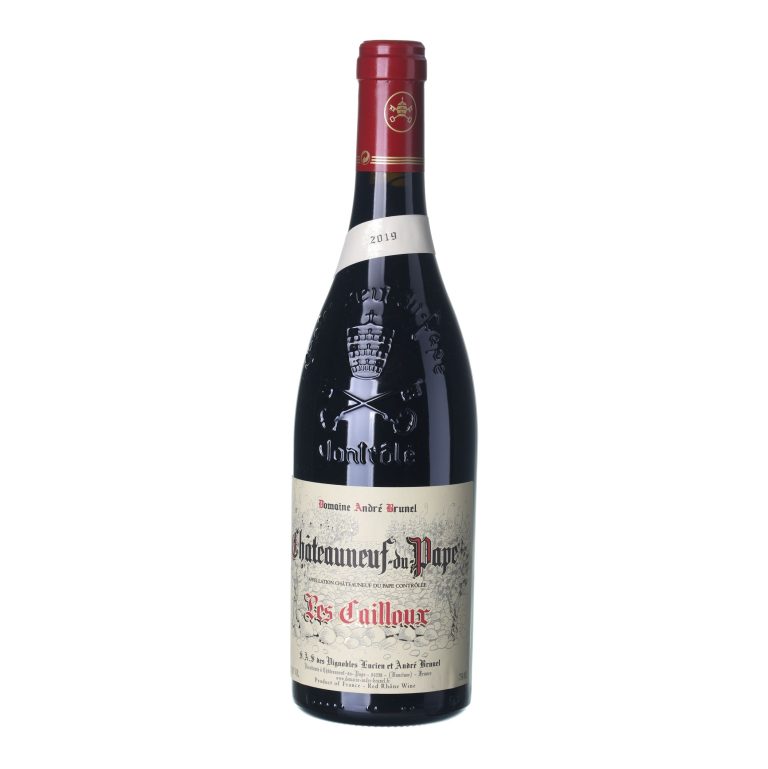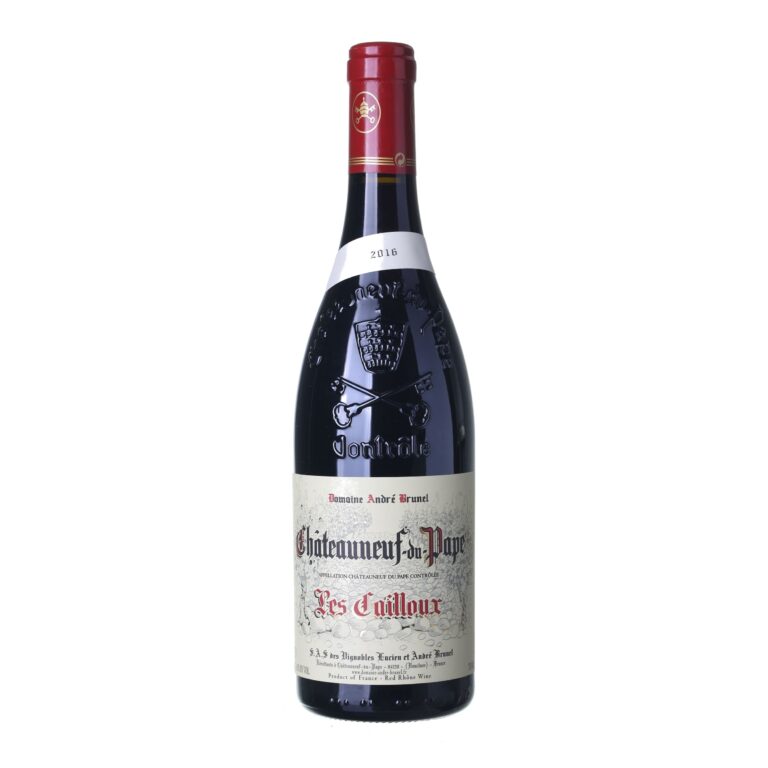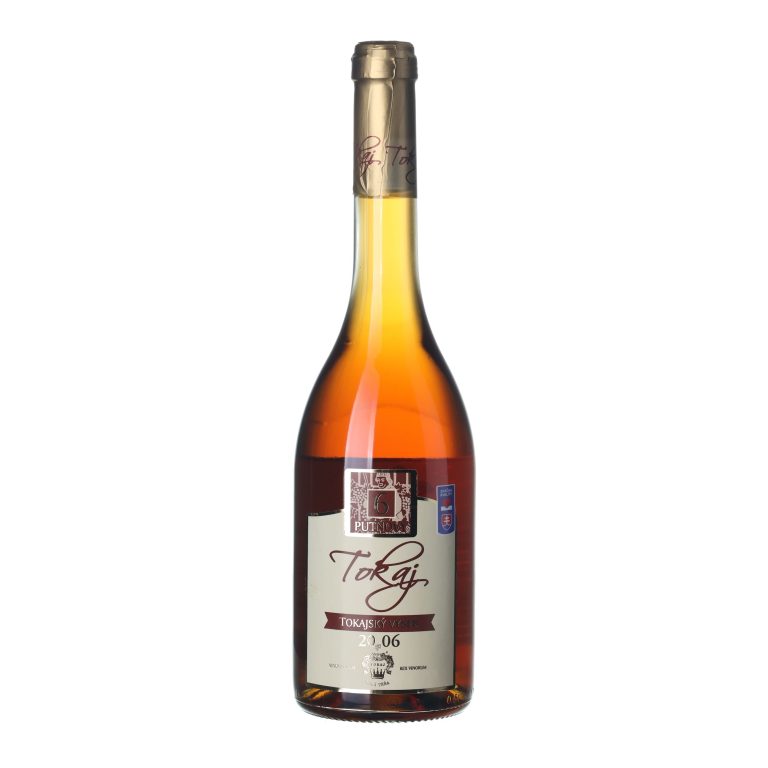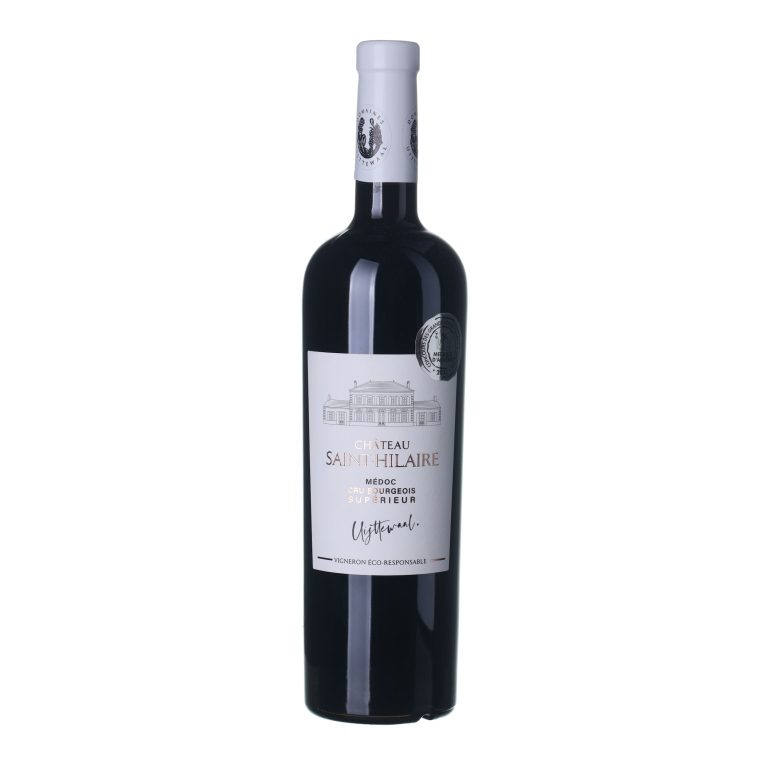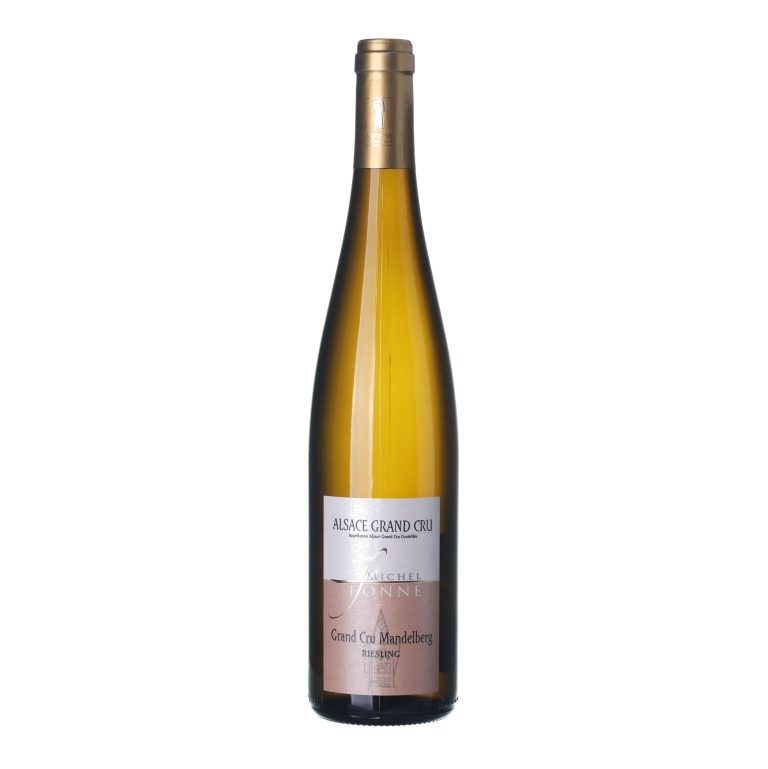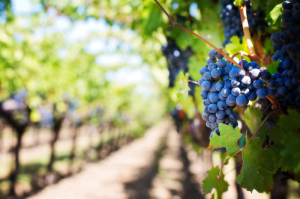Not every bottle can be archived
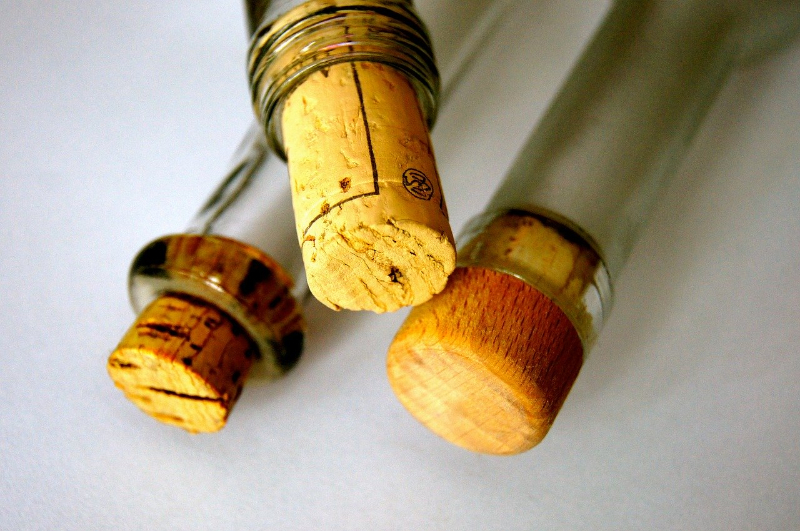
Are you intrigued by the idea of having your own cellar filled with delectable wines that mature undisturbed, awaiting the best occasion to show off their full beauty, aroma, and taste? Then you need to know that selecting wines for archiving requires your close attention. We’ll tell you why right away.
We’re experts on vintage wines, so you can read here not only about how to store vintage wines and not ruin them, but also when to open your archived wines. Today we’ll take a closer look at what makes some wines good or bad candidates for archiving.
Only wines that have the right potential will mature into vintage wines. What does this mean?
The overarching and somewhat mysterious notion of a “wine’s potential for archiving” covers a set of characteristics that can best be assessed by experts. However, even amateurs shouldn’t fear that they can’t learn the most important basics.
On the other hand, it has to be said that even if you do carefully study every aspect sometimes you can still miss the mark and the wine you selected doesn’t live up to its potential. This is because there are several factors in play that have to come together in the right way in the wine. The more of them you can match, the better, and gaining the knack is just a matter of learning and practice.
Vintage wine isn’t modest, so take a closer look
When selecting a suitable wine for archiving, the first clues can be found in the facts on the label. If you want a simple guideline for how to read them, the greater the amounts of these components it contains:
- sugar-free extract
- acids
- alcohol or sugar
- and free sulfurous acid
the better suited the wine is for archiving. This is because the wine’s maturation is essentially the result of chemical reactions that change its properties. And the constituents mentioned above are what contribute to ensure that everything happens as it’s supposed to. So that the wine, as winemakers say, rounds out.
Wine to be aged
You can’t make an vintage wine out of certain varieties or vintages
For the reason mentioned above, certain varieties just aren’t suited for archiving. These are the ones with a low acidity and extract, or aromatic varieties that are best enjoyed young and fresh.
Some examples of white wine that aren’t archived include Muskat Moravsky and Müller Thurgau, and Blauer Portugieser is a red wine that isn’t suitable. However, these are some wines whose potential for maturation you can count on. These include Pinot Gris, Chardonnay, Ryzlink de Rhin, Sauvignon Blanc, Cabernet Sauvignon, Merlot, Nebbiolo, Sangiovese, and other similar ones.
Another guideline can be the specific vintage. Climate conditions have a considerable influence on the quality of wines and they determine whether it will be suitable for consuming soon after purchase or it will be worthwhile to wait a few years.
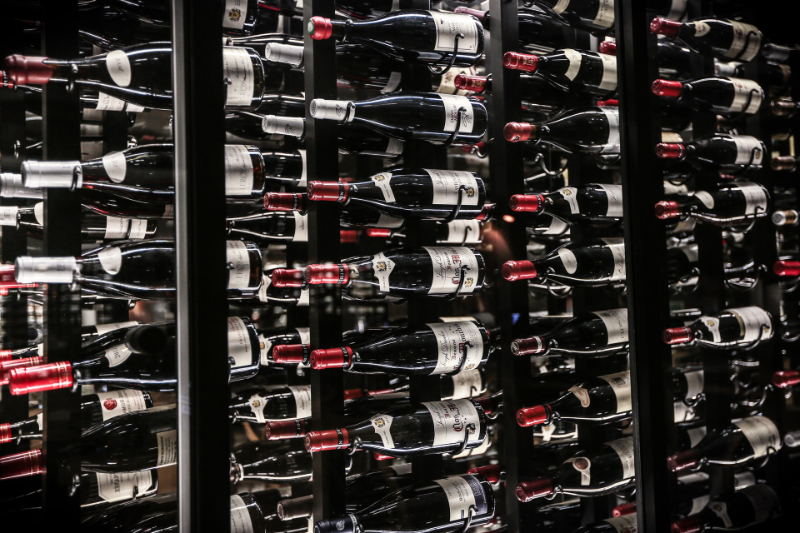
If the wine was intended for archiving, it’s a sure bet!
We’re not going to lie to you, and we have left the most important piece of advice here almost till last. The wines that you generally find for sale are primarily meant to be consumed quickly (within one year). This doesn’t mean they’re of lower quality, but they just aren’t suitable for medium- or long-term archiving.
A winemaker or connoisseur of wines can also help you fine-tune other parameters and recommend wines suitable for archiving according to their experiences, which are irreplaceable.
Just a few more tips and you can start archiving wines
At the very end, we’re offering just a few more universal tips that are helpful to keep in mind with all the above. They confirm that successful wine archiving doesn’t begin in the cellar, but much earlier …
- The higher a wine’s quality rating, the better. Lower-quality wines are completely unsuitable for archiving.
- Thanks to their higher tannin content, red wines are more suitable for archiving than white wines. With white wines, the amount of sugar and its ratio to acids is crucial.
- Rosé wines are quite debatable. They are often underrated and overlooked for the purpose of archiving. However, the exceptions prove the rule and you can also find rosés that mature beautifully.
- Only choose bottles for archiving that have an undamaged good-quality cork. However, even when you do this, you probably can’t avoid at least a few of your archived wines succumbing to cork taint. Therefore, we recommend archiving more bottles from the same batch.
- The bottle size is another clue. Winemakers choose a volume of up to 1.5 liters for wines suitable for archiving because the larger volume has a positive effect on the wine’s maturation.
Select wines. In your email.
once every month. You can look forward to our recommendations, interesting content, and great offers for your archive for your archive.
By sending an email you agree to the Terms and Conditions for Protection of Personal Data


